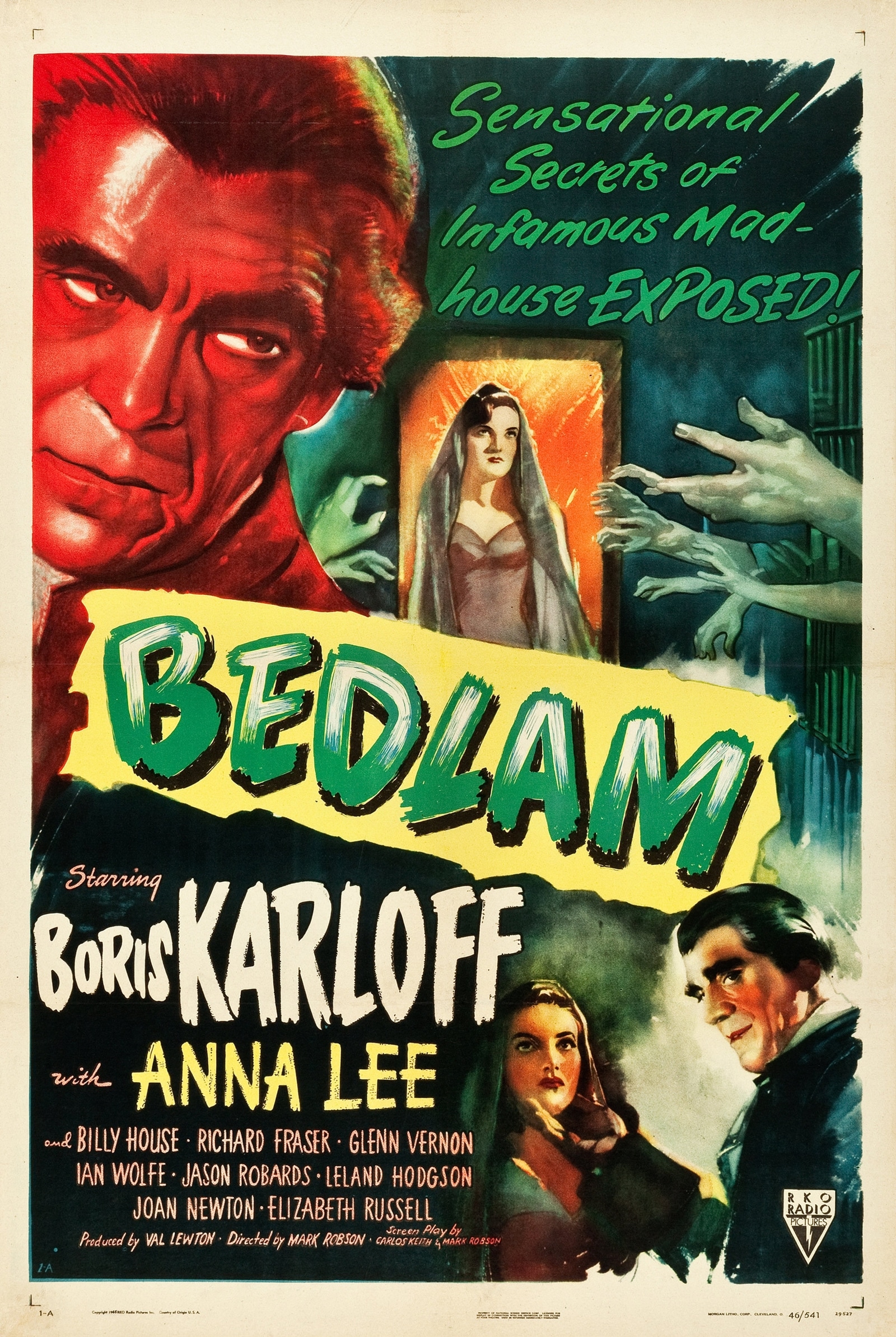When we say a scene is “bedlam”, we usually mean it’s in utter chaos—loud, disorganised, almost out of control. But few realise that the word has its origins in a very real and very grim chapter of medical history: a medieval mental hospital in London.
Here’s how a single institution gave English one of its most evocative words for madness.
The word “bedlam” is a corruption of “Bethlem,” short for Bethlem Royal Hospital, which was founded in 1247 in London as the Priory of St Mary of Bethlehem. Originally a religious institution, it began admitting mentally ill patients by the early 14th century and evolved into Europe’s most infamous psychiatric hospital.
By the 1600s, Bethlem had gained notoriety for its inhumane conditions, and patients were often chained, left in filth, and subjected to violent or bizarre treatments like bloodletting and purging.
From Bethlem to bedlam
As the institution’s name filtered into English usage, the pronunciation gradually shifted. The Middle English form Bedlem soon became bedlam, a more phonetically simplified variant that stuck. By the 17th century, the word had taken on a figurative meaning far beyond its geographical origins.

 The infamous hospital and its treatment of the patient also inspired a movie by the name of ‘Bedlam’. (Source: Wikimedia Commons)
The infamous hospital and its treatment of the patient also inspired a movie by the name of ‘Bedlam’. (Source: Wikimedia Commons)
It began to refer to any scene of uproar and confusion, directly inspired by the state of the hospital itself, where screaming, moaning, and hysteria reigned.
Shockingly, Bethlem became a form of public entertainment. In the 1600s and 1700s, people could pay a small fee (sometimes just a penny) to visit the hospital and gawk at the patients, as if it were a human zoo. Some records suggest that hundreds of thousands of Londoners visited Bedlam annually, often treating the mentally ill as curiosities rather than people.
Story continues below this ad
This tragic voyeurism further cemented bedlam in public imagination as a synonym for frenzy, madness, and grotesque chaos. The infamous hospital and its treatment of the patient also inspired a movie by the name of ‘Bedlam’.
Over time, medical understanding of mental illness evolved, and Bethlem Royal Hospital was reformed. It still exists today as part of the NHS, offering modern psychiatric care under its historical name.
The word bedlam serves as a linguistic relic, reminding us how far we’ve come in mental health care, and how language preserves both progress and prejudice. What we casually use to describe a noisy classroom or chaotic traffic jam was once the name of a real place of suffering, and public mockery.







